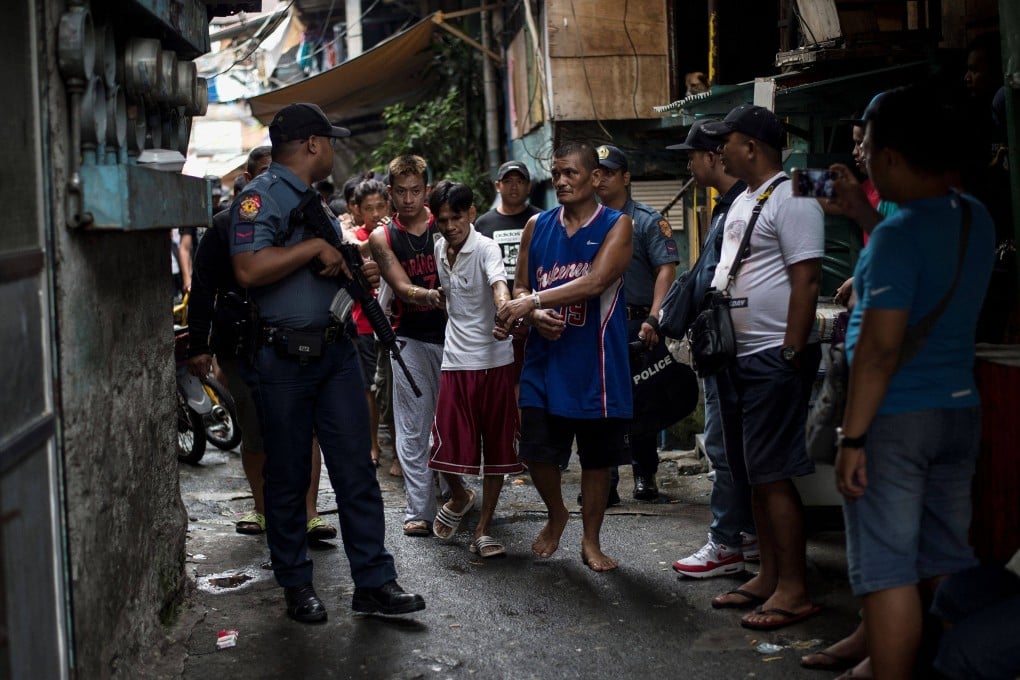Advertisement
Opinion | ICC’s reopened probe into Rodrigo Duterte’s drug war puts Ferdinand Marcos Jnr and Philippines in a tight spot
- Surrendering Rodrigo Duterte and others to a full-blown investigation would risk political stability when the president is trying to promote the Philippines globally
- However, dodging international law and adding to the culture of impunity would damage the global credibility of both Marcos and his government
Reading Time:3 minutes
Why you can trust SCMP
12

When the history books are written, President Ferdinand “Bongbong” Marcos Jnr’s impending decision on whether to accept the jurisdiction of the International Criminal Court (ICC) will be seen as a defining moment for his political legacy as well as for the Philippines and wider international community.
Last month’s ICC ruling reopening the investigation into the Philippines’ war on drugs during former president Rodrigo Duterte’s time in power is a major test of Marcos’ resolve and the political alliance between the Marcoses and Dutertes.
The Philippines has vowed not to cooperate with the ICC, and Marcos’ chief legal counsel Juan Ponce Enrile has threatened to arrest ICC officials if they set foot in the country. Amid the rhetoric, Canada has urged the Philippines to cooperate with the ICC probe.
Advertisement
The ICC tribunal estimates that 12,000 to 30,000 people were killed on Duterte’s watch between July 1, 2016 and March 16, 2019. It paused its investigation at the request of the Philippines in 2021 after Manila said it wanted to conduct its own probe. In deciding to reopen its inquiry, the ICC said the Philippines had not made sufficient headway in bringing the perpetrators involved in a campaign of extrajudicial killings to justice.
Current proceedings, it said, do not amount to tangible, concrete and progressive investigative steps in a way that would sufficiently mirror the court’s investigation. That looks to be the right decision. National police chief Rodolfo Azurin Jnr is on the record as saying that just 52 cases have been filed against police officers since 2016 relating to alleged irregularities in drug operations.
Advertisement
But for Marcos, throwing the hugely popular Duterte under the ICC bus could stoke political instability at a time when the president is fresh from several high-profile foreign trips, notably to the World Economic Forum where he promoted the Philippines as a safe investment destination. His foreign jaunts could prove to be a political double-edged sword for himself and Duterte. The Marcos family is synonymous with Philippine politics, and the country’s increased visibility adds to the pressure.
Advertisement
Select Voice
Select Speed
1.00x
